The charismatic and trailblazing Huma Qureshi in this exclusive interview with Aakanksha Naval-Shetye, shares her excitement about her film Bayaan garnering acclaim at TIFF, and talks about pushing boundaries with her bold slate of projects, reshaping narratives as a producer, and proving that the world truly is her stage
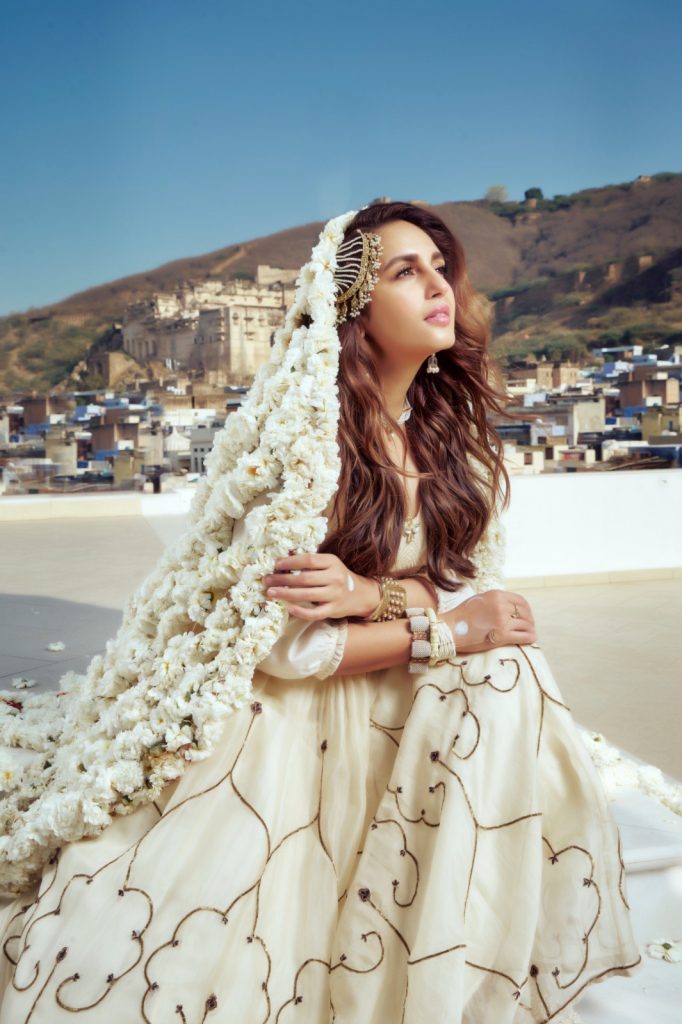 Unconventional and fearless – Huma Qureshi has carved her own niche – consistently choosing roles that challenge stereotypes and portray women in their most authentic, layered forms. From the feisty Mohsina in Gangs of Wasseypur to the fierce and quietly powerful Rani Bharti in Maharani and from the determined Tarla Dalal in Tarla to the edgy Roohi Kartar in the internationally-celebrated Bayaan, Huma has never shied away from characters that demand emotional depth and narrative complexity. She gravitates toward stories that are raw, real, and often uncomfortable — a choice that sets her apart in an industry still wrestling with formulaic portrayals of women.
Unconventional and fearless – Huma Qureshi has carved her own niche – consistently choosing roles that challenge stereotypes and portray women in their most authentic, layered forms. From the feisty Mohsina in Gangs of Wasseypur to the fierce and quietly powerful Rani Bharti in Maharani and from the determined Tarla Dalal in Tarla to the edgy Roohi Kartar in the internationally-celebrated Bayaan, Huma has never shied away from characters that demand emotional depth and narrative complexity. She gravitates toward stories that are raw, real, and often uncomfortable — a choice that sets her apart in an industry still wrestling with formulaic portrayals of women.
Not just on camera, Huma’s been taking bold strides behind it too. Her recent venture as an executive producer on Bayaan — a poignant and socially relevant film set in rural India — is a testament to her evolving artistic vision. What makes Bayaan remarkable isn’t just its compelling story, but also the fact that it was the only Indian film selected in the Discovery section at this year’s Toronto International Film Festival (TIFF). The film’s premiere on such a prestigious international platform is not just a personal win for Huma, but also a significant moment for Indian independent cinema.
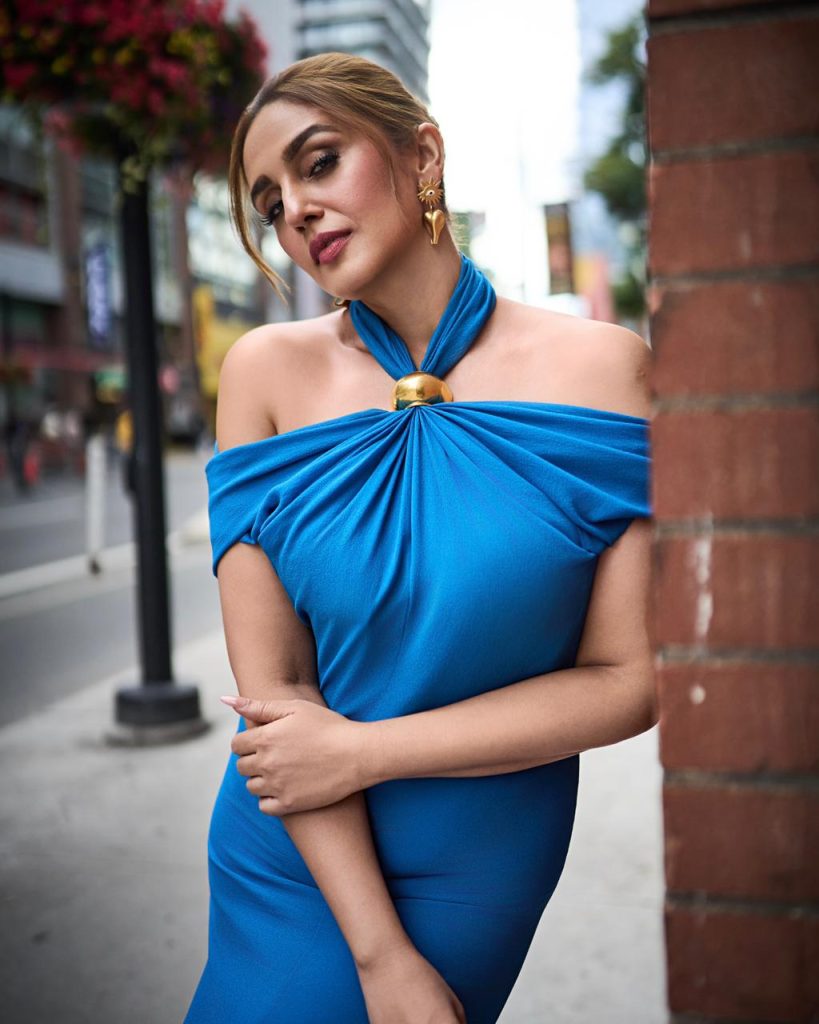 Refusing to be boxed into predictable career paths, Huma approaches her work with both passion and precision. Whether it’s launching her own production house Saleem Siblings with her brother, actor Saqib Saleem, or making bold marketing decisions like dropping a theatrical teaser of her debut production before social media buzz, Huma plays by her own rules!
Refusing to be boxed into predictable career paths, Huma approaches her work with both passion and precision. Whether it’s launching her own production house Saleem Siblings with her brother, actor Saqib Saleem, or making bold marketing decisions like dropping a theatrical teaser of her debut production before social media buzz, Huma plays by her own rules!
The actress is in Toronto at the time of the interview. Her excitement palpable, as she takes on our questions about being the lead of a film that’s garnering much appreciation at TIFF as well as on making a statement with her fashion choices too. Now with major projects like Jolly LLB 3, Delhi Crime 3, Maharani 4, and the daring Baby Do Die Do on the horizon, Huma Qureshi’s trajectory is not just upward, but outward — pushing boundaries, reshaping narratives, and proving that the world truly is her stage.
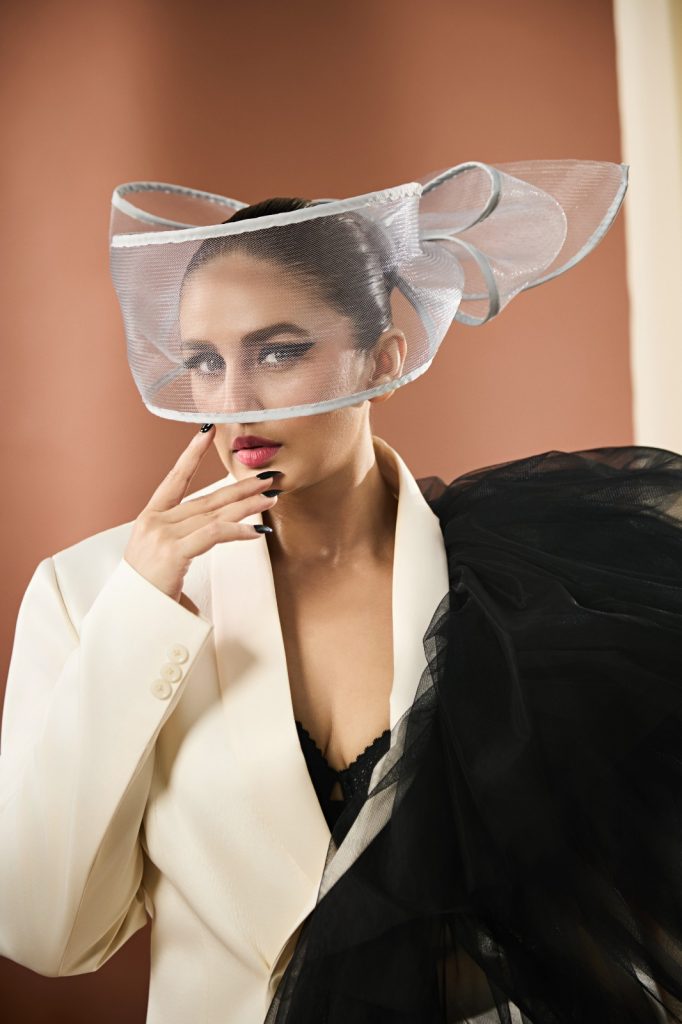
You’ve had an incredibly busy year, with major projects like Jolly LLB 3, Delhi Crime 3, and Maharani 4 on the way. How do you juggle such a dynamic slate of characters while keeping each performance distinct?
Thank you! I think I’m very blessed that I get to play such dynamic characters and I think it’s a dream come true. I’ve always wanted to do the kind of work that I am doing right now and I’ve always wanted to have the kind of diversity in characters that I’m doing and I just want to continue this and have the best time professionally. Also I feel very happy and empowered because I’m doing it my way. I’m not trying to follow anyone’s path, I’m not trying to follow any kind of map or yardstick. I’m just doing my own thing. I look at each project for what it’s worth and I try to do it to the best of my ability.
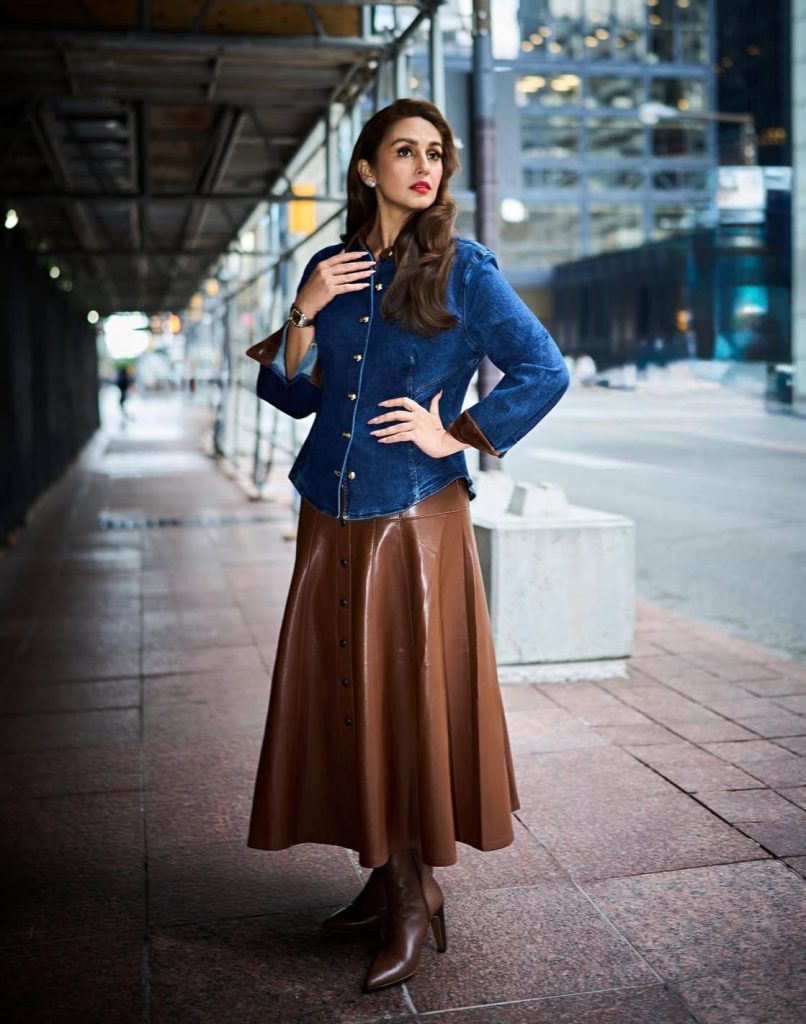 Let’s talk about Bayaan. It had its world premiere at Toronto International Film Festival (TIFF) and is the only Indian film selected in the Discovery section — an incredible feat. What drew you to this story, not just as an actor, but also as an executive producer?
Let’s talk about Bayaan. It had its world premiere at Toronto International Film Festival (TIFF) and is the only Indian film selected in the Discovery section — an incredible feat. What drew you to this story, not just as an actor, but also as an executive producer?
Bayaan is a very special film. I think what really drew me to it is its story. I knew it received backing from the Hubert Bals Fund and that Craig Mazin, one of the creators of Chernobyl was the mentor on the script. But that was about it. I know that they had a long journey trying to put this all together, almost six to seven years, is what Bikas (director Bikas Ranjan Mishra) told me. It was the time that he wanted to make a film on this subject. I just thought it was the kind of story from India that had the potential to travel globally because although it’s set in a village in India, it’s a very universal story and could be anywhere. A lot of people in the West also resonated with this, so yes, I think going to TIFF or now going to Busan for Bayaan – it’s just the story that’s waiting to explode.
“I think my choices have become braver, my choices have become more honest, more authentic. I think I’ve started leaning more into my own self as an artiste than as opposed to looking at other people and listening to them or their opinions.”
TIFF has often been a launchpad for global cinema. What was the experience like representing Bayaan on that stage, especially as both the lead and a producer?
TIFF definitely is a great launchpad for films and this year was very special because it’s 50 years of TIFF and we’re very happy that Bayaan was there on that stage, being the lead in the film, also I attached myself as executive producer to make sure financially this film would be able to get made. So yeah, I think it was very special, and I’m very happy that we were able to make this happen.
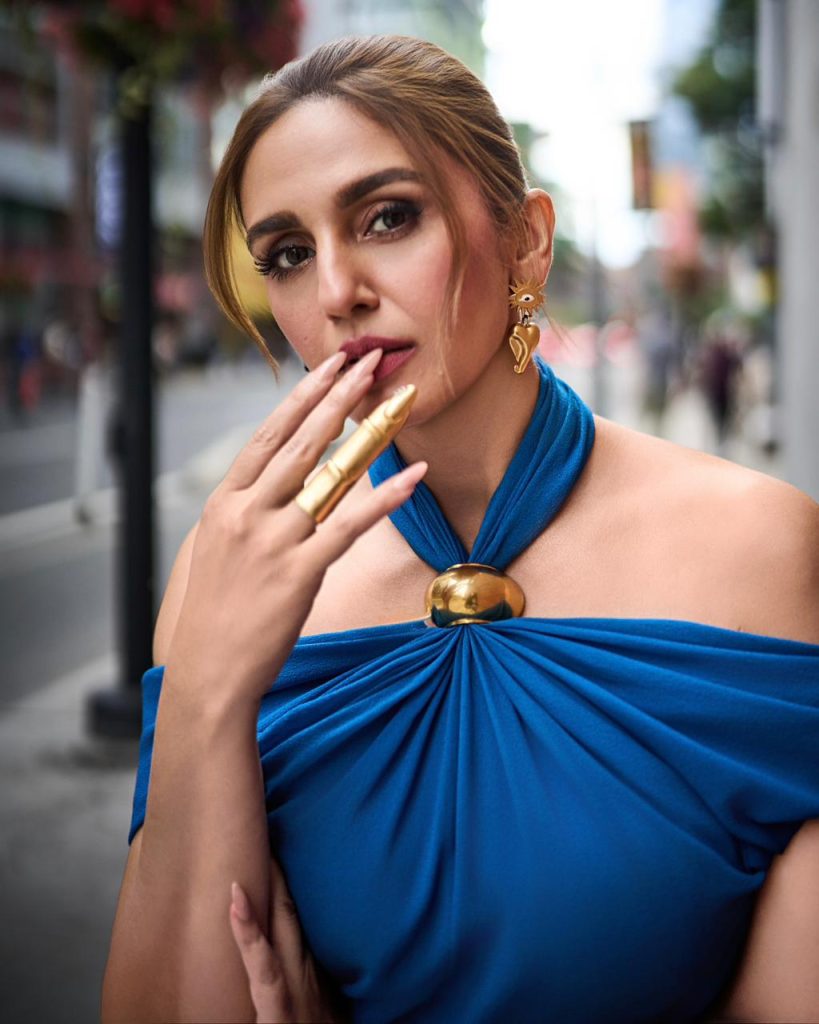 You served some striking looks there. How intentional is your style strategy when representing Indian cinema on international platforms?
You served some striking looks there. How intentional is your style strategy when representing Indian cinema on international platforms?
Well I don’t know. The style and strategy is very simple – look your best. But I really wanted to make TIFF a fashion moment too. So, of course it’ll be a conversation about the film, it’ll be a conversation about my performance, about the story, but I also wanted to make sure that from a fashion perspective too I stood out and I represented my country well. And I’m so happy that all my looks came together. I was very excited and happy about that as well.
“I want to try and do something that I’ve never done before every single time and that is what really drives me, that is what really inspires me.”
There’s a growing conversation about Indian actors making their mark globally. With your work in films like Viceroy’s House and Army of the Dead, how do you view your journey on the international stage?
Well, my first film Gangs of Waseypur, it premiered at the Cannes film festival, Viceroy’s House was at Berlinale, Army of the Dead is this mainstream film with a mainstream director like Zack Snyder. But I don’t know, these are just things that you can’t really plan. I’m really blessed it’s happening to me. I definitely think that Indian actors have the talent, have the grit, have the vision to sort of make their mark globally and I’m so happy that I’m part of that change.
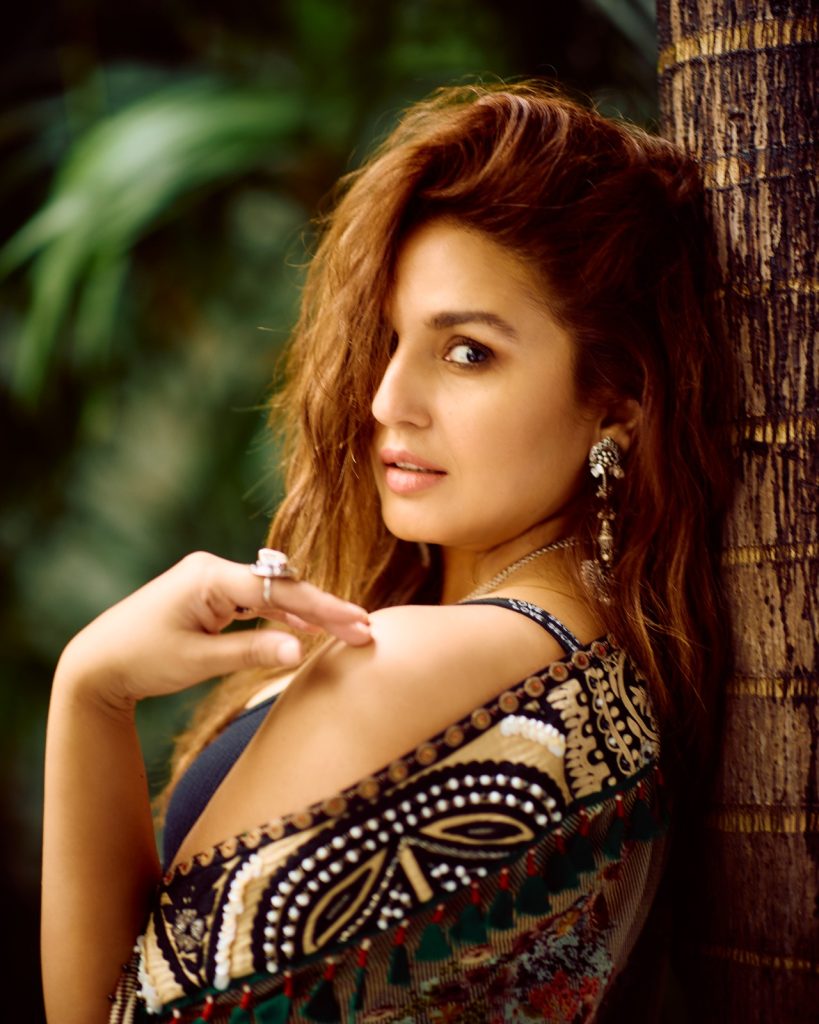 You’ve launched your own production house, Saleem Siblings, with your brother, actor Saqib Saleem. What inspired the decision to step into production at this stage of your career?
You’ve launched your own production house, Saleem Siblings, with your brother, actor Saqib Saleem. What inspired the decision to step into production at this stage of your career?
We want to tell the kind of stories that resonate with us. And the decision to start our own production house came from the fact that we are passionate filmi people and we want to make stories and tell stories that appeal to us. We’ve been very blessed as two kids from outside who have come and had no connections and have been part of movies for over a decade now and we want to give back to the business.
As a producer now, how does your perspective change when selecting scripts? Are there stories you’re looking to tell that you felt weren’t being made otherwise?
I feel a lot of producers have a certain mindset about “aisi hi picture chalegi” which is not true. I think time and again people and subjects have proven that by doing something different and clutter-breaking, you know, you stand out. And we want to tell stories for the newer generations, we want to tell stories that appeal to a larger cross-section of people, we want to tell stories that are a bit more edgy, and new-age because I really feel that the time is now for it.
“I feel very happy and empowered because I’m doing it my way. I’m not trying to follow anyone’s path, I’m not trying to follow any kind of map or yardstick. I’m just doing my own thing. I look at each project for what it’s worth and I try to do it to the best of my ability.”
The first project under your banner, Baby Do Die Do, took a pretty unconventional route — debuting the teaser in theatres before social media. Tell us more about it.
Yes, Baby Do Die Do is the first film under our banner and we are very excited about it. It’s a film that is my dream project and we wanted to release the teaser in the theatres before social media. The strategy was very simple – we wanted it to be viewed and sampled by an audience that goes directly to theatres as opposed to releasing it on social media. I feel sometimes just doing things on social media is like an eco-chamber. We wanted to make sure that our film went directly to the people who were going to theatres. Also Baby Do… is a very unconventional film and we want to do something which is a bit out-of-the-box as far as the marketing is concerned. So fingers crossed, hopefully everything will land the way we want it to be.
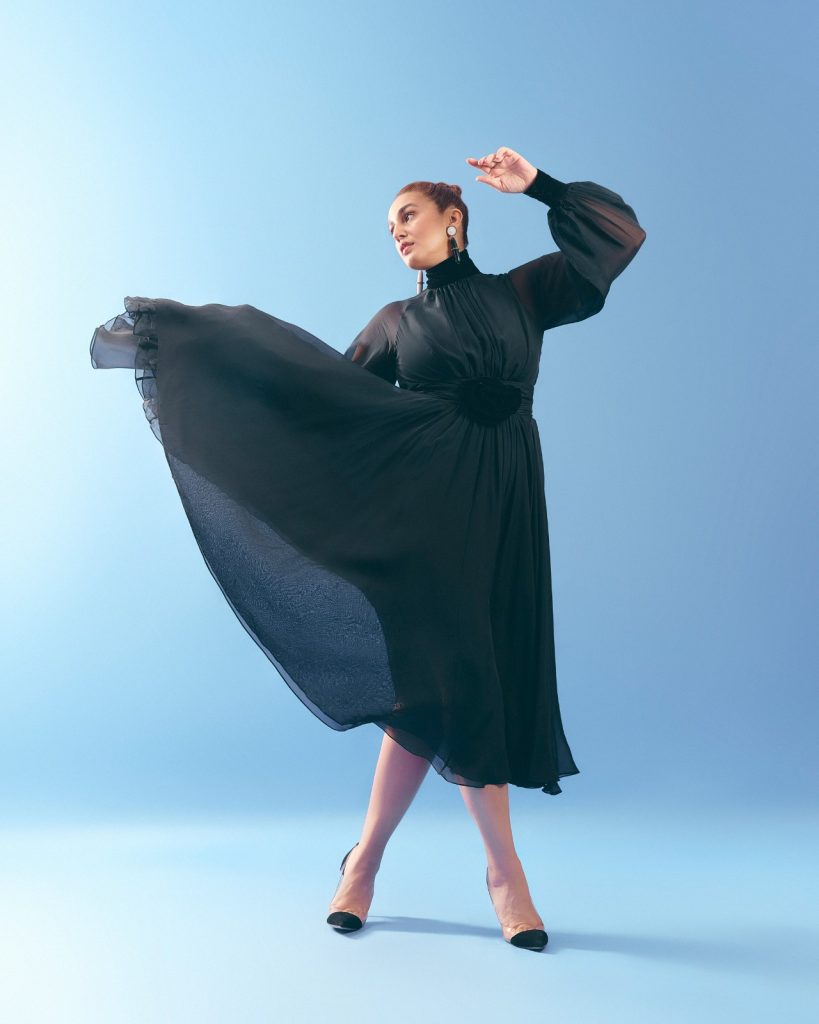 Looking back at your journey — from Gangs of Wasseypur to your most recent ones — how do you think your choices have evolved as an artiste?
Looking back at your journey — from Gangs of Wasseypur to your most recent ones — how do you think your choices have evolved as an artiste?
I think my choices have become braver, my choices have become more honest, more authentic. I think I’ve started leaning more into my own self as an artiste than as opposed to looking at other people and listening to them or their opinions.
You’ve always chosen roles that are layered — whether it’s Rani Bharti in Maharani or your character in Delhi Crime. What pulls you toward these complex women on screen?
Yes absolutely, I like to play complex women on screen. I think women are very beautiful, special creatures and they need to be represented in all their glory and not as cardboard cut-out characters. So I’m really drawn towards complex female characters and roles that I can sink my teeth into.
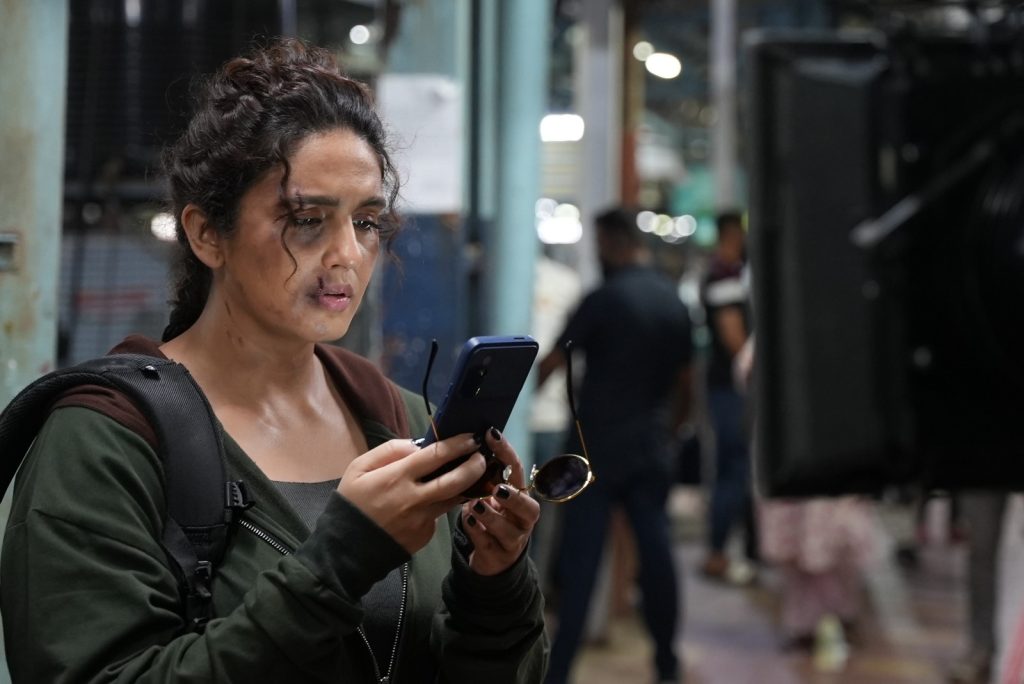 With so much on your plate from acting across genres to producing new stories, what continues to drive your artistic ambition today?
With so much on your plate from acting across genres to producing new stories, what continues to drive your artistic ambition today?
Yes, there is a lot on my plate right now which is acting across genres to producing new stories. I think sky is the limit really. I want to try and do something that I’ve never done before every single time and that is what really drives me, that is what really inspires me. I think that’s also what my audiences look to me for. I don’t think they want to see the same Huma again and I definitely don’t want to serve them the same Huma again. I want to be able to do something differently.
 Quick 7 with Huma Qureshi
Quick 7 with Huma Qureshi
One beauty regime you swear by in your daily routine!
To take my makeup off no matter what, with a cleansing balm and then take a hot towel and wipe it all off.
Your go-to comfort zone after a long shoot day…
It’s my bed, my pillow and my puppies. And just snuggle with them.
If you were a dish, what would you be?
I would be a papdi chaat, Delhi wali chatpati papdi chaat!
What’s something fans would be surprised to learn about you?
That I’m not very serious, I’m actually a very goofy and chill kind of a person. I don’t know if that’s a surprise but yeah that’s true about me.
One thing you just can’t travel without
My face mist. I feel it really refreshes me, especially after a long travel.
A Guilty pleasure
Bitter dark chocolate with some kind of nuts in it.
A super-power you wish you had!
The ability to read people’s minds and just to mess with them like immediately a thought would appear in their head and I would call it out or let them know and watch the surprise on their face.

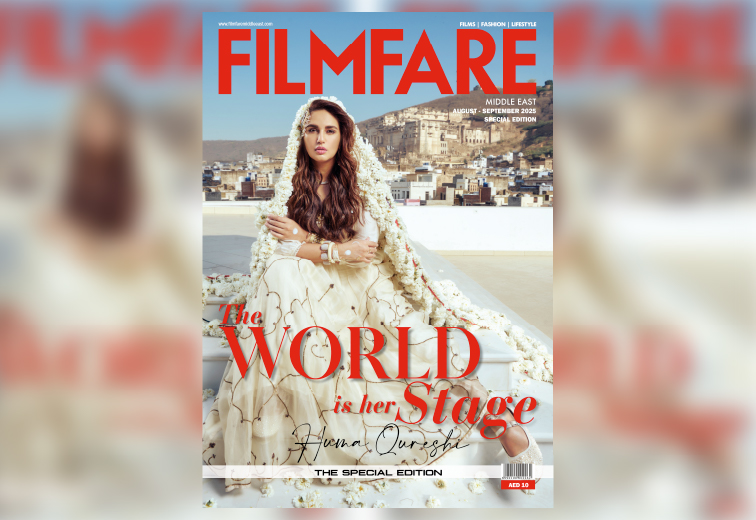
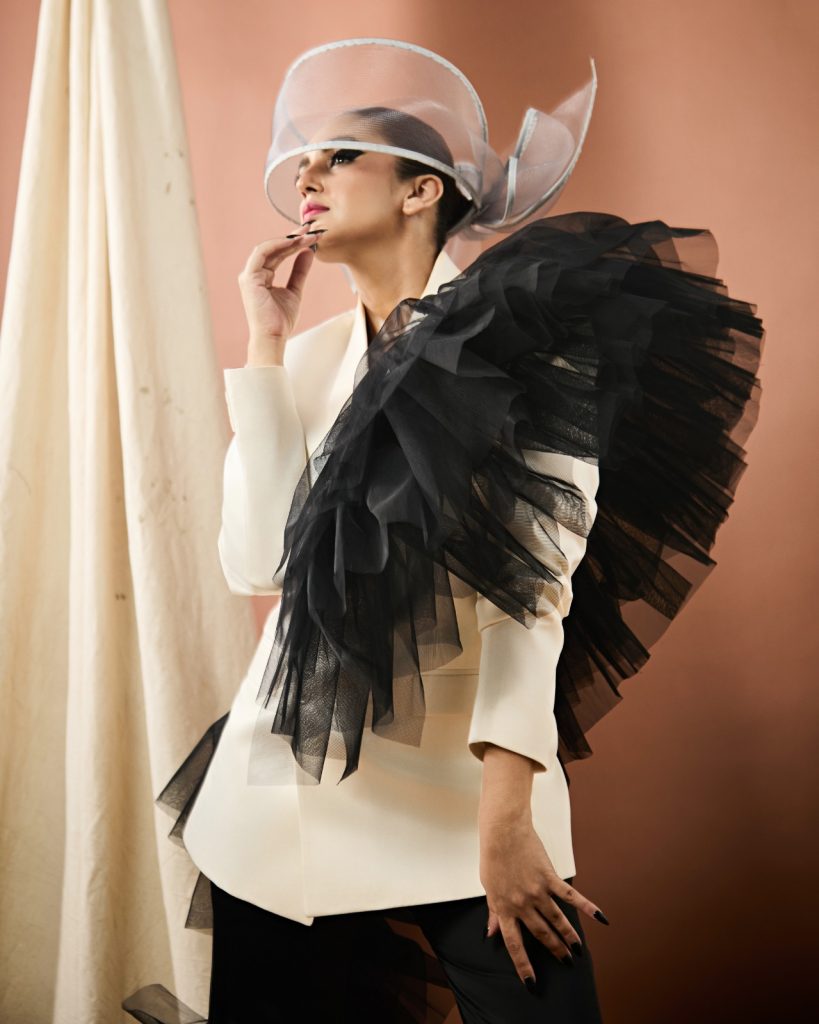 Quick 7 with Huma Qureshi
Quick 7 with Huma Qureshi








